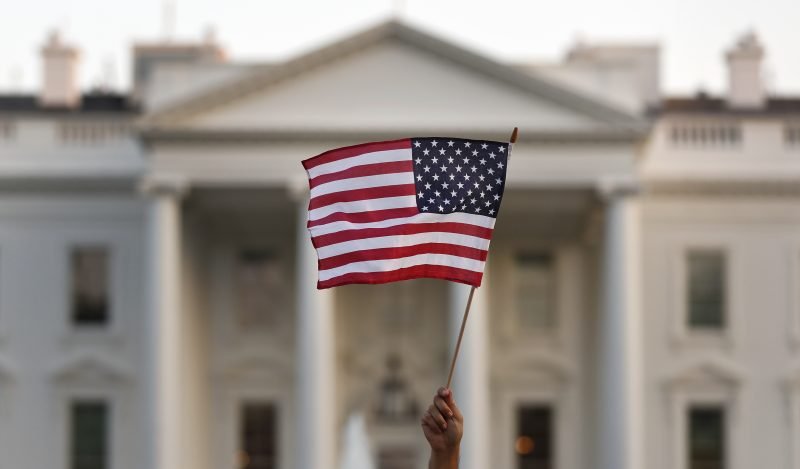SAN DIEGO, USA (KSWB/KUSI) — As the nation gears up for the “No Kings” protests this weekend, cities including San Diego are at the forefront of a significant nationwide movement. Organizers and political analysts are highlighting alarming parallels between democratically elected officials—such as the U.S. president—and the disturbing rise of authoritarian leaders globally.
With over 1,500 demonstrations expected across the United States on Saturday, these events aim to rejuvenate commitment to democratic values and counteract what activists perceive as an alarming allure of autocratic governance.
Interestingly, the protests will coincide with a military parade set for Washington, D.C. This event marks President Donald Trump’s 79th birthday as well as the U.S. Army’s 250th anniversary. A recent AP-NORC poll suggests that many question the use of taxpayer money for the parade, yet plans remain uninterrupted.
Simultaneously, activists are focused on the controversial policies of the Trump administration, particularly aggressive immigration enforcement practices highlighted by high-profile ICE raids, including one in San Diego’s South Park. Tensions are also mounting due to military presence in areas like Los Angeles, linked to the protests and support for ICE operations. Moreover, federal job cuts connected to executive orders have raised concerns about job security amidst debates on government efficiency.
This weekend’s protests underscore a significant ideological rift regarding governance styles, prompting many to ask: What truly differentiates democracy from authoritarianism?
Understanding Democracy vs. Authoritarianism
In democratic societies like the United States, governance is characterized by a delicate balance of power, shared among elected officials, independent courts, and a vibrant media landscape. Conversely, authoritarian regimes consolidate power within a single ruler or a small elite group, often suffocating civil liberties and manipulating media narratives, as explored in the academic journal "The Paradox of Information Control Under Authoritarianism."
Although the U.S. president wields considerable authority, this power is restrained by the Constitution, legislative bodies, judicial systems, and ultimately, the electorate through regular elections. This framework starkly contrasts with authoritarian leaders, who frequently maintain their position through rigged elections, the alteration of constitutional provisions, or outright coercion.
Support for Authoritarianism
Research from Pew Research Center in 2019 indicated that nations with fewer individuals valuing democratic ideals—like fair judiciary systems, free speech, and equal rights—tend to have higher support for strong leadership or military governance over democratic frameworks.
In a 2024 survey, a median of 31% across 24 countries indicated a preference for authoritarian systems, with this tendency being notably higher in middle-income nations than in wealthier ones. The data revealed that individuals aligned with right-wing ideologies showed more inclination towards authoritarian governance compared to centrists or left-leaning respondents. In the U.S., merely 32% expressed that a strong leader or military rule would be a preferable governing model.
The "No Kings" Protests: An Overview
The central tenet of the "No Kings" protests, according to organizers, revolves around rising apprehensions that Trump’s leadership style mirrors those of authoritarian figures—known for power consolidation, suppression of dissent, and erosion of democratic principles.
Conversely, Trump and his supporters refute such allegations, asserting that he is merely combating a corrupt political establishment by utilizing the tools available to an elected official. They argue that the criticism arises from political motivations aimed at diverting attention from substantive policy discussions. Supporters also note that Trump has been elected by the populace twice, demonstrating the essence of democracy.
Political commentators have pointed out that while democratic leaders may exhibit strong personalities or provoke controversy, their powers are intentionally limited by the established systems of checks and balances. After the Revolutionary War, the United States rejected monarchical governance, establishing a political system devoid of kings, at least as delineated by the Constitution.

